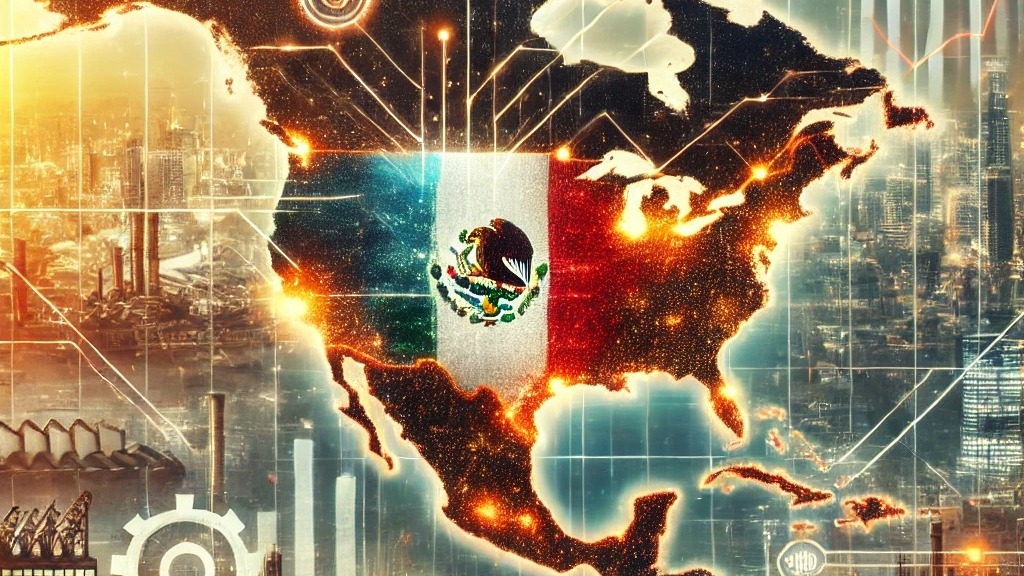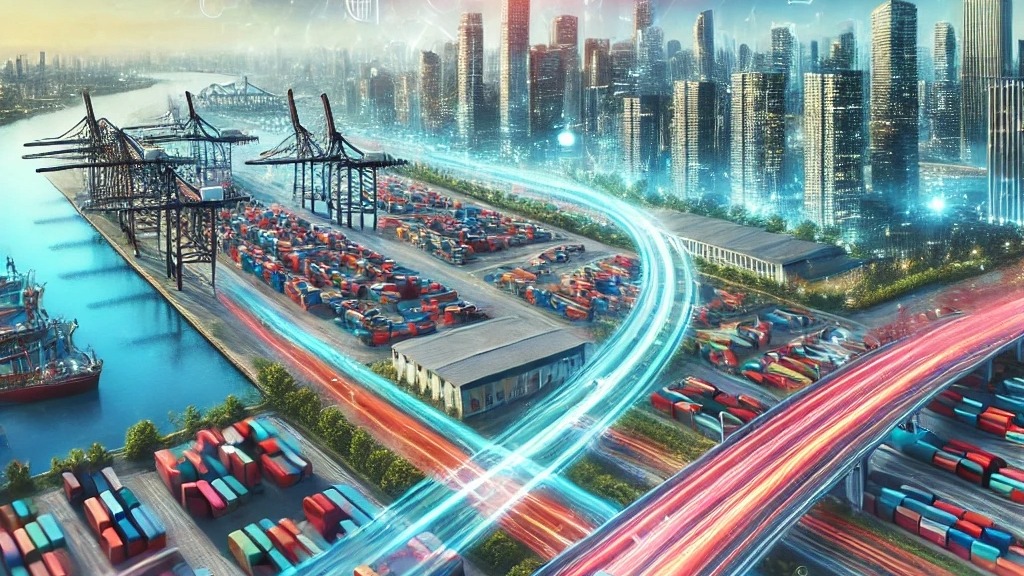400 opportunities: Mexico's rebirth in the era of nearshoring

In Mexico, the expectation for nearshoring continues to grow, with 400 projects ready to be developed that represent an unprecedented opportunity for the country's economic growth.
The North American region, comprised of the United States, Canada and Mexico, generates 28% of the world's Gross Domestic Product (GDP), which places Mexico in a strategic position to take advantage of the potential to attract foreign investment through the relocation of supply chains. This opens up a significant opportunity for the country to consolidate its position as an essential node in global trade.
The nearshoring offers a unique opportunity that Mexico must capitalize on, both because of its geographic proximity and the growing global demand for diversification in supply chains.
The government has sent signals of confidence, which has strengthened the perception of stability among international investors. This is a historic juncture in which the country can attract global companies seeking to optimize their operations. However, despite these positive signals, it is cautioned that opportunities like this do not come along often, and it is crucial that the country is prepared to take advantage of them.
The current context is also influenced by recent changes in the Judiciary, which are essential to maintain an environment of legal certainty.
The recent approval of the reform of the judicial system has the potential to strengthen investor confidence if properly implemented. However, there is still a need for the changes to be more inclusive and to reach local levels, such as judges and public ministries.
The proper implementation of this reform will be a pillar to maintain the confidence of the private sector and to ensure that the projects of nearshoring can develop without legal setbacks. Although the reform has advanced, additional work on the secondary laws will be required to ensure effective implementation to strengthen the justice system.
Banks, for their part, are poised to play a key role in financing these projects. There are more than 6.5 trillion pesos available for lending, which could significantly boost economic activity.
Financing is available not only for large government and infrastructure projects, but also for small and medium-sized enterprises (SMEs), which are a key component of employment in the country.
SMEs generate 80% of jobs in Mexico, but currently receive a relatively low share of credit, which represents a clear area of opportunity for economic growth. Increasing financing to this business segment is crucial to strengthen the domestic economy and boost job creation.
The macroeconomic scenario faces both internal and external challenges, which generate uncertainty in the market. One aspect that could favor growth is a reduction in interest rates, both in Mexico and the United States, which would facilitate the granting of more credit and, in turn, reactivate the economy. However, we caution that volatility in the global environment and fluctuations in GDP growth represent challenges that will need to be addressed with prudent and well-designed economic policies.
In this context, the political landscape is fundamental to provide certainty and confidence to investors. The new federal administration, headed by Claudia Sheinbaum, has expressed its intention to maintain an open dialogue with the productive sectors, which could generate an environment of greater stability and confidence in the market. This dialogue will be vital to define the next government's strategic plans and projects, ensuring that economic decisions are aligned with the needs of the country and its key productive sectors.
Despite the great opportunities offered by the nearshoringThere are also weaknesses and threats that could complicate the implementation of these projects. Among the weaknesses are the need to improve infrastructure and reduce regulatory barriers, which sometimes slow down the investment process.
In addition, while confidence in the government has been positive, the lack of clarity in the implementation of reforms could generate uncertainty if they are not managed effectively. Furthermore, external threats, such as volatility in international markets and global trade tensions, could negatively impact Mexico's ability to take full advantage of this historic opportunity.
The country's ability to overcome these challenges will depend on the effective implementation of political and judicial reforms, as well as the strengthening of its economic infrastructure. If Mexico can overcome these barriers, it has the potential to position itself as a strategic hub in global trade, attracting investment that will drive its economic development and generate new growth opportunities.
Collaboration: Editorial Auge.





